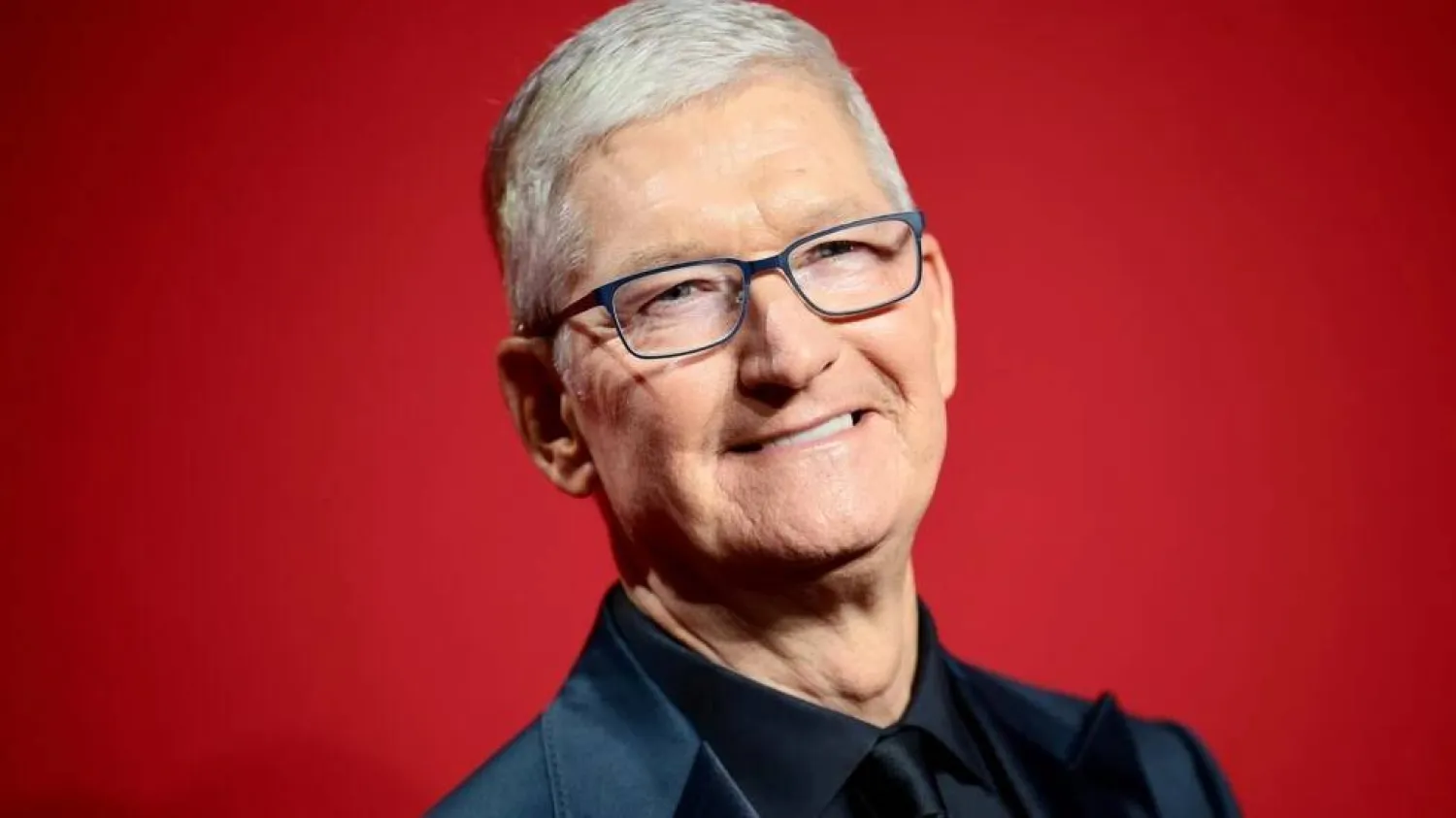Apple on Monday will attempt to persuade doubters on its AI strategy after rivals raced ahead in adopting artificial intelligence.
AI and perhaps even a partnership with ChatGPT-maker OpenAI will likely be a driving theme at the kickoff of Apple's WWDC developers' conference in Silicon Valley, according to analysts.
The conference is Apple's annual rendezvous for developers who create apps for iPads, Macs and iPhones -- and CEO Tim Cook will work hard to convince his audience that the company is a major AI player, said AFP.
While Apple has been quietly including AI features in its hardware for years, it has yet to solidify its overall strategy or embrace ChatGPT-style generative AI that took the world by storm in late 2022.
Rivals Microsoft and Google have meanwhile rolled out products in rapid-fire succession, propelling Microsoft and the AI chipmaker Nvidia to surpass Apple as the world's biggest companies when measured by stock price.
Apple's share price has been on a roller coaster ride since the spark of the AI frenzy, but believers see Monday's announcements as the start of a new chapter for the iPhone maker.
While its "silence has been deafening, that will all change on June 10, when Apple crosses the AI Rubicon," predicted Dipanjan Chatterjee, an analyst at research firm Forrester.
At the heart of the announcements will almost certainly be an update to Apple's iPhone operating system, iOS 18, which is expected to see AI given a central role.
Silicon Valley is convinced that generative AI will profoundly change how users interact with smartphones and computers, but the technology is still in its early stages and the benefits not entirely clear for now.
Also heavily rumored is a "flagship" OpenAI partnership that could involve an exclusive chatbot for iPhone owners and supercharge the much-derided Siri.
All these announcements will set the stage for an expected iPhone 16 release later in the year and open the door to "a renaissance of growth" for the company, said Wedbush Securities senior analyst Daniel Ives.
Since Apple makes most of its money from selling iPhones, the AI will likely focus on its devices and services working more seamlessly together, said Creative Strategies analyst Carolina Milanesi.
"At the end of the day for Apple, it is about getting people to upgrade their iPhone," Milanesi said. "We will see if Apple gives them a compelling reason to do that."
'Litmus test'
Announcements at WWDC will be a "litmus test" for Apple's ability to integrate ChatGPT-like generative AI into all its devices and services, said Emarketer senior analyst Gadjo Sevilla.
"Any misstep by Apple at this juncture could see it lose its place as a technology leader, especially as it is now sandwiched between two AI giants with actual products and release roadmaps that go well into the next two years."
CEO Cook already foreshadowed his commitment to AI by putting more powerful and AI-ready chips on iPad and MacBook releases earlier this year.
But the big challenge for Apple is how to infuse the technology into its products without weakening its heavily promoted user privacy and security, according to analysts.
ChatGPT-style AI voraciously feeds off data and Apple will be at pains to fight the AI race while living up to its traditional position on safeguarding data privacy.
"Being too controlling of an AI ecosystem could cause Apple to lose ground or fall behind while other companies are moving fast and breaking things," Sevilla said.
Apple to Break AI Silence at Developers Conference

Apple chief executive Tim Cook has called generative AI a 'key opportunity' across the iPhone maker's line of products. Dimitrios Kambouris / GETTY IMAGES NORTH AMERICA/AFP/File

Apple to Break AI Silence at Developers Conference

Apple chief executive Tim Cook has called generative AI a 'key opportunity' across the iPhone maker's line of products. Dimitrios Kambouris / GETTY IMAGES NORTH AMERICA/AFP/File
لم تشترك بعد
انشئ حساباً خاصاً بك لتحصل على أخبار مخصصة لك ولتتمتع بخاصية حفظ المقالات وتتلقى نشراتنا البريدية المتنوعة







